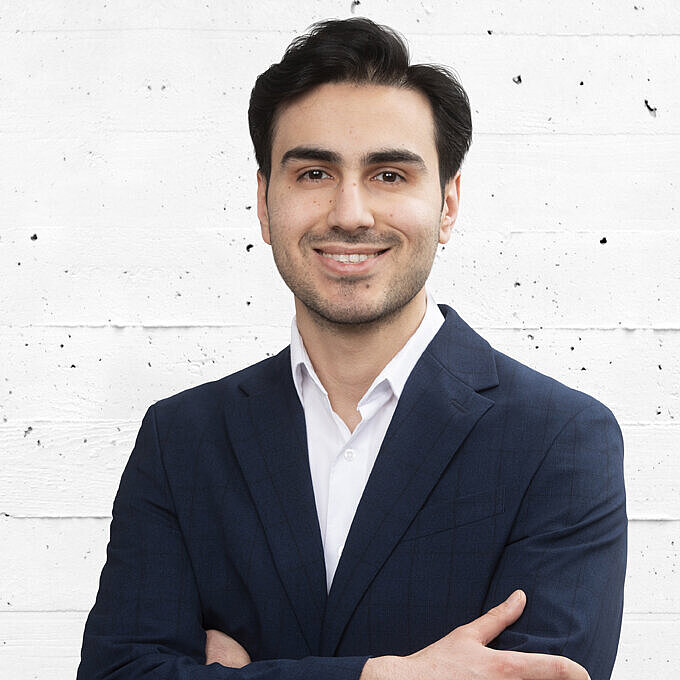
Against the backdrop of limited raw material availability and in times of global supply chains, the topic of circular economy is increasingly moving into the focus of the automotive industry. Companies and research institutions are therefore faced with the task of re-evaluating and adapting the sustainability of products and value chains.

Cluster Electric Mobility South-West, Battery, Production
+49 711 892385-53 khan.nasserie@e-mobilbw.deThe working group circular economy is jointly supported by the Cluster Fuel Cell BW and the Cluster Electric Mobility South-West and deals with various aspects of sustainability in the automotive sector.
Players in the automotive industry face various challenges in this context: ensuring cost-efficient production in Germany, meeting customer requirements or complying with the complex legal requirements. The overarching goal of the working group is to contribute to extending the service life of vehicles and parts and to establish new business models in order to exploit the full sustainability potential of battery electric and fuel cell vehicles.
In three sub-working groups, the diverse topics are examined in more detail.
The focus is not only on the end of the product life cycle, but already on product development. For example, the topic of "Design for Recycling" or eco-design can be found in all sub-working groups to discuss how, for example, fuel cells or batteries can be designed and produced with detachable connections to make it easier to extract rare earths and other raw materials. At this point, the State Agency for Environmental Technology & Resource Efficiency Baden-Württemberg supports the working group.
Hydrogen and fuel cell technology is considered a key element of the energy and mobility transition. Recycling plays a central role in making this fast-growing market as sustainable as possible. The sub-working group looks at the various machines, components and materials used along the hydrogen value chain. There are promising approaches, for example, in the recycling of carbon fibre reinforced plastics (CFRP) used in hydrogen tanks. In addition, the recycling of fuel cell components and electrolysers is also being considered.
Contact:
Alina Richter
+49 711 892385-39
alina.richter(at)e-mobilbw.de
The recycling of traction batteries has many aspects: from the technical requirements for the material processing and reuse of starting materials to the logistics of battery return and the legal framework conditions. In addition, the sub-working group also addresses "second life" applications, such as the reuse of used batteries from electric vehicles in stationary facilities for the storage of electrical energy.
Contact:
Felicitas Behr
+49 711 892385-25
felicitas.behr(at)e-mobilbw.de
The quantity of lithium-ion batteries will increase significantly in the coming years due to the growing number of electric vehicles and the increase in production capacities in cell manufacturing. However, to make the recycling of lithium-ion batteries economically viable and to be able to process the increasing volumes, automated dismantling or disassembly will be necessary in the long term. Therefore, the sub-working group addresses the pre-competitive development and industrialisation of disassembly and dismantling technologies.
Contact:
Walter Holderried
+49 711 892385-38
walter.holderried(at)e-mobilbw.de
The aim of the working group is to develop project ideas and bring together partners for joint research projects. Participants have the opportunity to inform themselves and exchange ideas in the best possible way through relevant expert presentations, pitches or the preparation of studies and papers on various topics related to the circular economy in the automotive context. The cluster management regularly informs about suitable funding calls and supports project initiation and application.
As stated in the code of conduct of e-mobil BW GmbH, the regulations of antitrust law apply during the meetings of the working group circular economy.